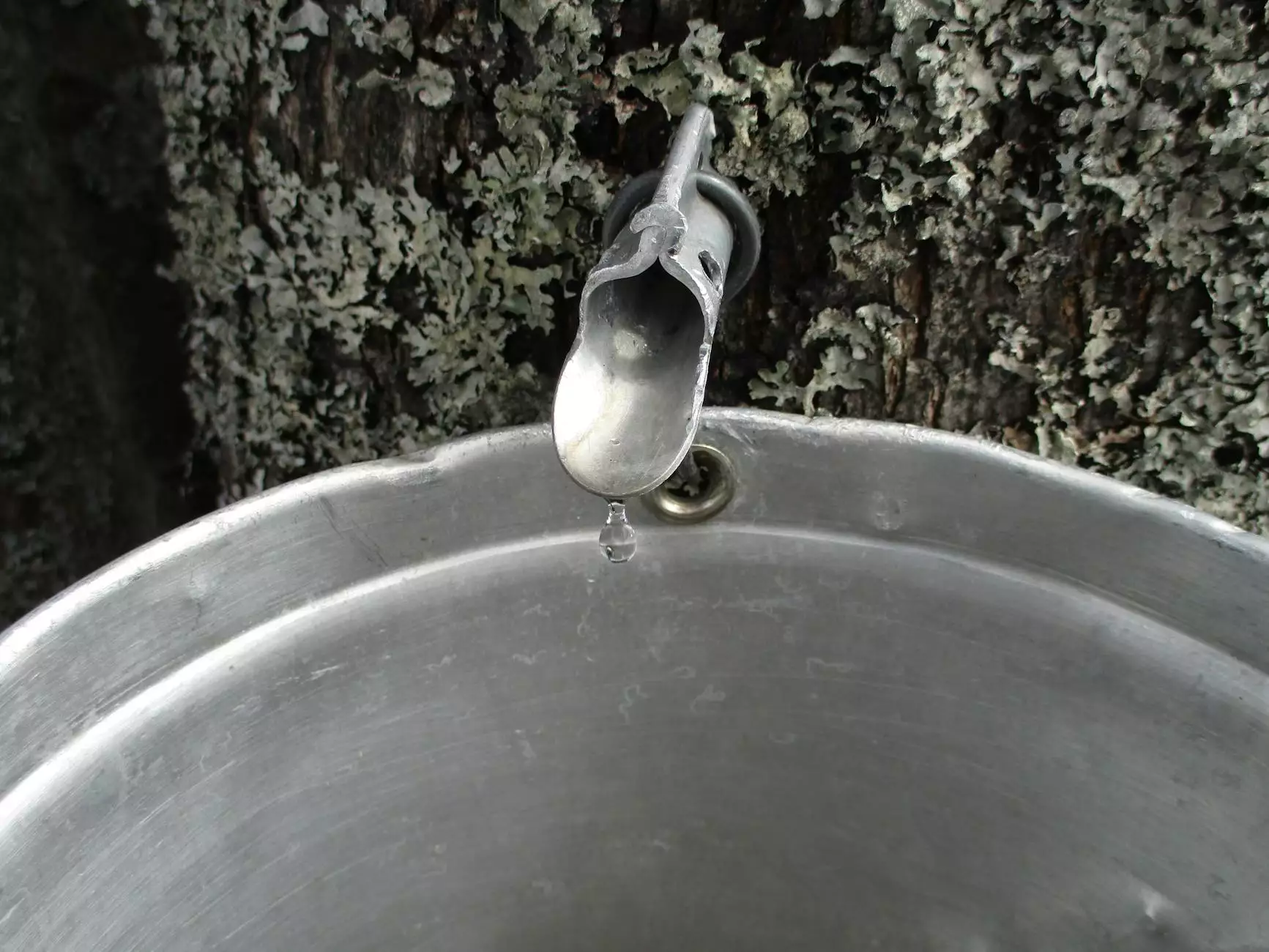Comprehensive Guide to Industrial Boiler Water Treatment

Industrial boiler water treatment is a critical process in the management and operation of industrial systems that utilize boilers. Understanding the fundamentals and benefits of this treatment is essential for industries that depend on boilers for energy production and process heat. This article will delve into the intricacies of water treatment practices, their significance for operational efficiency, and how businesses like Bimak Kimya provide invaluable services in this area.
Understanding the Role of Industrial Boiler Water Treatment
Boilers are the heart of many industrial processes, serving as a source of steam and power. However, the quality of water used in boilers significantly impacts their performance and lifespan. The necessity of industrial boiler water treatment emerges from the need to prevent corrosion, scaling, and fouling within boiler systems.
Why Water Quality Matters
Water used in boilers can contain various impurities that may lead to:
- Corrosion: Rust and corrosive elements can damage boiler components, leading to leaks and failures.
- Scaling: Minerals from hard water can precipitate and form scales, reducing heat transfer efficiency.
- Fouling: Biological contaminants and particulates can accumulate and interfere with system operations.
Thus, effective water treatment is imperative for maintaining system integrity and operational efficiency.
Key Components of Industrial Boiler Water Treatment
Effective treatment involves several processes that ensure the water is suitable for use in industrial boilers. The main components include:
1. Pre-Treatment
Before water enters the boiler, it undergoes a pre-treatment process to remove impurities. This can include:
- Filtration: Removes particles and sediments.
- Softening: Reduces hardness by exchanging calcium and magnesium ions with sodium ions.
- Decarbonation: Lowers carbon dioxide levels which help prevent acidity.
2. Chemical Treatment
Chemical treatment is applied both during and after pre-treatment to ensure optimal water quality. Key chemicals used include:
- Corrosion Inhibitors: Chemicals that form a protective layer on metal surfaces.
- Scale Inhibitors: Compounds that prevent mineral build-up on heating surfaces.
- Biocides: Used to control biological growth in boiler water.
3. Continuous Monitoring and Testing
Regular monitoring of water chemistry is necessary to adapt treatment processes. This includes checking:
- pH Levels: To ensure balance and prevent acid-related issues.
- Conductivity: A measure of total dissolved solids, indicating water quality.
- Dissolved Oxygen: High levels can lead to corrosion.
Benefits of Effective Water Treatment
Implementing industrial boiler water treatment not only protects the boiler and its components but also yields several operational advantages:
1. Increased Efficiency
By preventing scaling and corrosion, treated water ensures that heat exchange processes run efficiently, ultimately saving energy and reducing fuel costs.
2. Extended Equipment Life
Protecting the boiler from damage prolongs its lifespan, leading to reduced capital expenses associated with equipment replacement or major repairs.
3. Enhanced Safety
Regular treatment and monitoring minimize the risk of operational failures, contributing to a safer working environment for employees.
4. Compliance with Regulations
Many industries are subject to regulatory requirements regarding water quality. Effective water treatment ensures compliance with these regulations, avoiding legal penalties and enhancing corporate responsibility.
Choosing the Right Water Treatment Provider
When selecting a provider for industrial boiler water treatment, consider these crucial factors:
- Experience: Look for companies with a proven track record and extensive knowledge in water treatment solutions.
- Customized Solutions: Ensure that the provider can offer tailored treatment plans that meet your specific needs.
- Technological Capabilities: Advanced technologies can improve treatment efficiency and effectiveness.
- Support and Service: A good provider should offer ongoing support, monitoring, and quick response times.
Conclusion
Effective industrial boiler water treatment is indispensable for ensuring the optimum performance and longevity of boiler systems in various industries. By preventing corrosion, scaling, and fouling, businesses can boost operational efficiency, enhance safety, and comply with regulatory standards. For enterprises looking to optimize their water treatment practices, partnering with a reputable provider like Bimak Kimya is a strategic investment that pays dividends in the long run.
Final Thoughts
As industries evolve and the demands for energy and efficiency rise, the importance of quality water treatment for industrial boilers cannot be overstated. Take proactive steps today to ensure that your boiler systems run smoothly, safely, and efficiently. Partner with experts in the field to develop a comprehensive water treatment strategy that positions your business for success.









